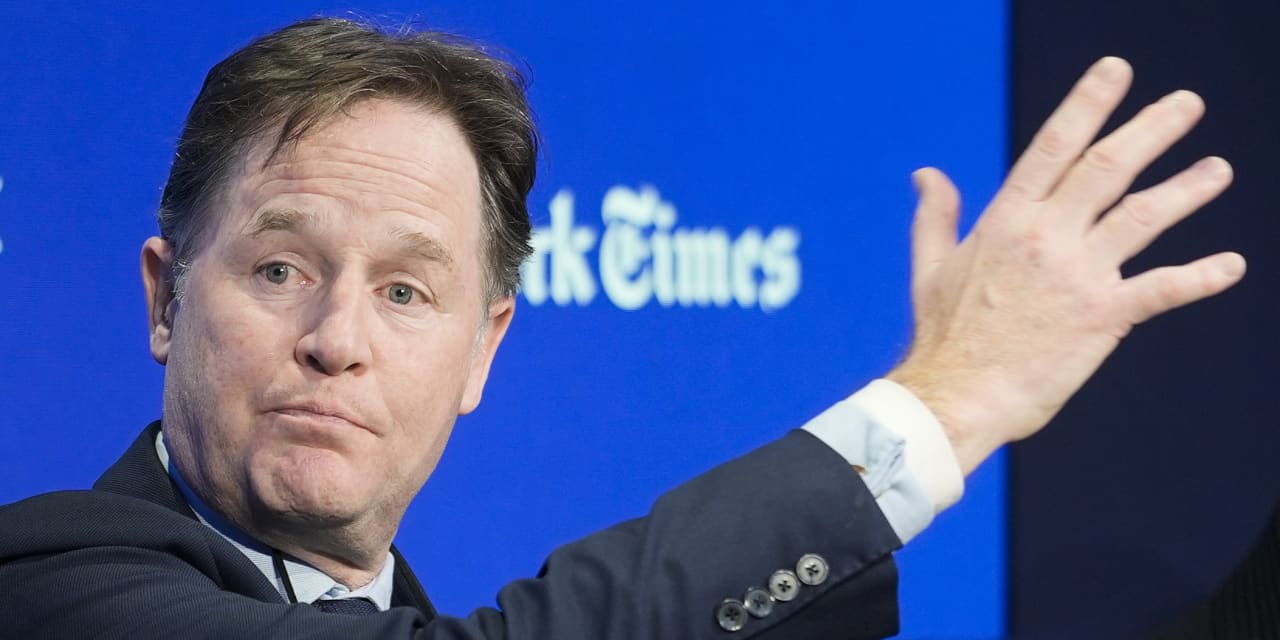On Friday, a coalition of leading technology firms pledged to proactively implement “reasonable precautions” to prevent the misuse of artificial intelligence tools in disrupting democratic elections globally.
At the Munich Security Conference in Germany, executives from prominent tech companies such as Adobe, Amazon, Google, IBM, Meta, Microsoft, OpenAI, TikTok, and others came together to introduce a voluntary framework aimed at addressing the threat posed by AI-generated deepfakes designed to deceive voters. Additionally, twelve additional companies, including X led by Elon Musk, have also committed to this initiative.
The agreement emphasizes the need to combat increasingly sophisticated AI-generated content, including images, audio, and videos that can manipulate the perception of political figures and disseminate false information to voters. While the pact does not mandate the prohibition or removal of deepfakes, it focuses on developing strategies to detect and label deceptive content on their platforms promptly. The companies have agreed to share best practices and respond swiftly and appropriately to the spread of such content.
Although the commitments outlined in the accord are non-binding and somewhat vague, they have garnered support from a diverse range of companies. However, some democracy advocates and watchdogs may find the assurances provided insufficient. The companies stress the importance of upholding their individual content policies and acknowledge the collaborative effort required to address the challenges posed by emerging technologies effectively.
As countries worldwide gear up for national elections, the threat of AI-generated election interference looms large. Recent incidents, such as AI-generated robocalls impersonating political figures and manipulated audio recordings spreading false information, underscore the urgency of addressing this issue. The agreement underscores the importance of contextual awareness and safeguards for various forms of expression, including educational, artistic, and political content.
In light of the evolving landscape of AI technologies, the signatories commit to enhancing transparency regarding their policies on deceptive AI-generated content and educating the public on identifying and avoiding misinformation. While many companies have taken steps to regulate generative AI tools, there is a collective push for more robust measures to combat misinformation and deceptive practices, especially in the political realm.
The absence of federal regulations in the United States has placed the onus on AI companies to self-regulate, prompting calls for greater accountability and oversight. As the industry grapples with the challenges posed by AI technologies, there is a growing recognition of the need for proactive measures to safeguard the integrity of democratic processes.
In conclusion, the collaborative effort among major technology companies to address the threat of AI-generated deepfakes in elections signifies a step towards ensuring the transparency and security of democratic processes in the digital age.










